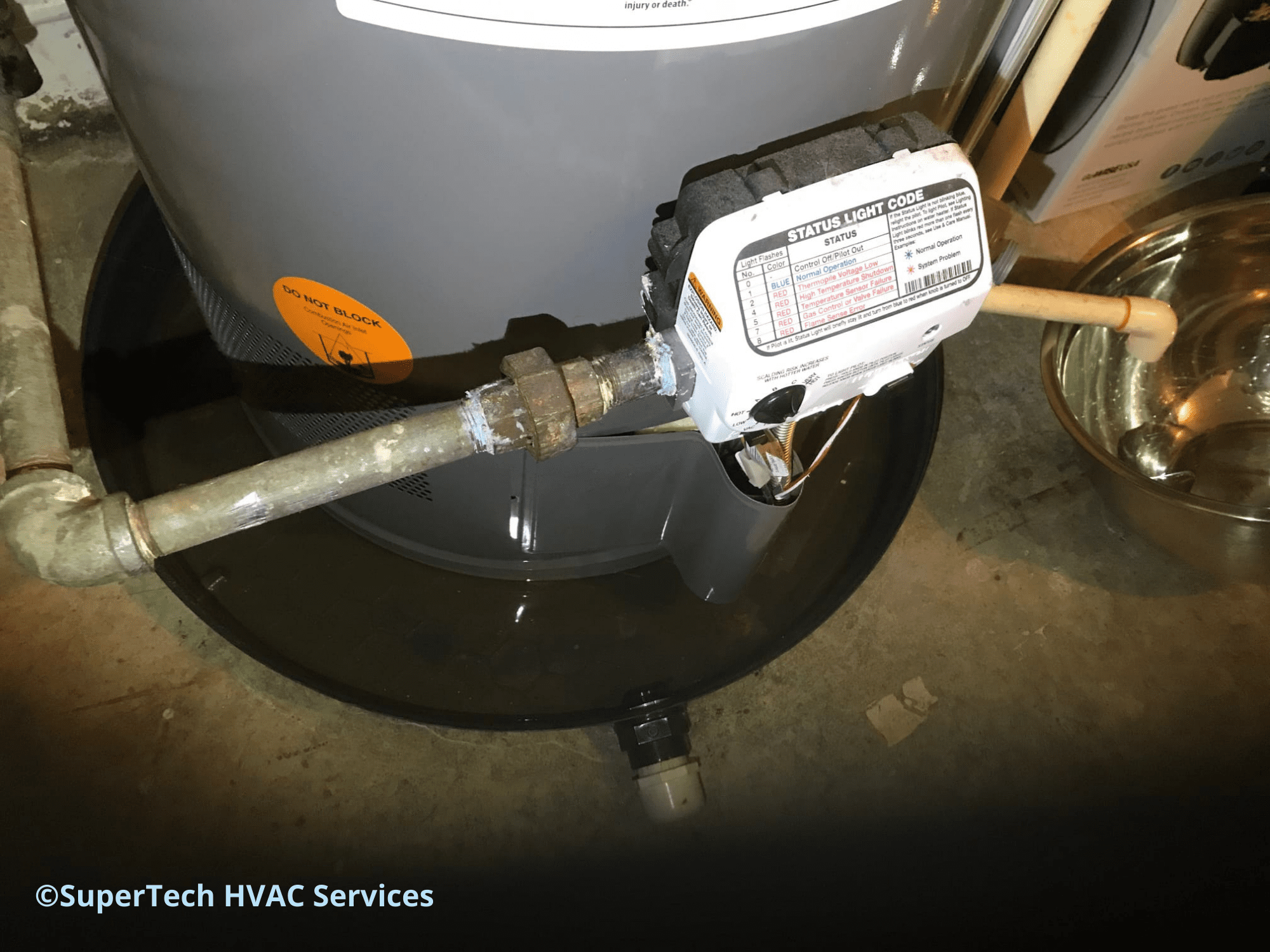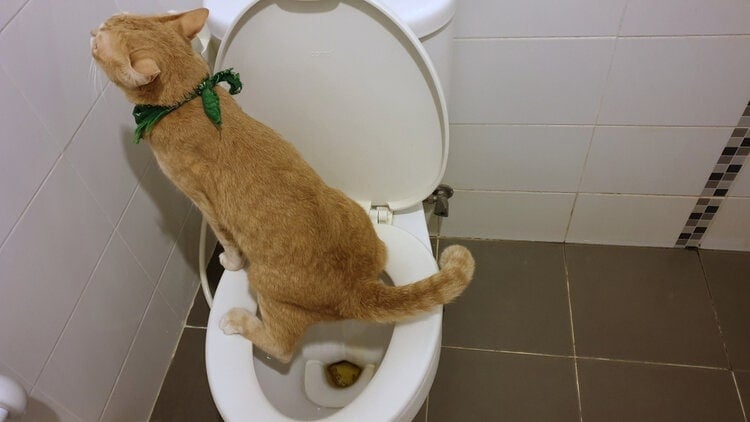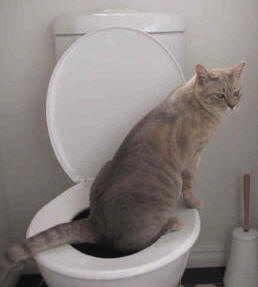Right here in the next paragraph you'll find lots of brilliant advice involving Common Problems with Your Home Water Heater.

Picture beginning your day without your regular warm shower. That currently sets an inadequate tone for the rest of your day.
Every residence needs a dependable hot water heater, however just a couple of recognize just how to take care of one. One simple method to maintain your water heater in leading form is to check for faults frequently and repair them as quickly as they show up.
Keep in mind to switch off your hot water heater before sniffing around for mistakes. These are the hot water heater mistakes you are probably to come across.
Water also warm or also cold
Every hot water heater has a thermostat that establishes just how hot the water obtains. If the water entering your residence is too warm despite setting a hassle-free maximum temperature level, your thermostat might be damaged.
On the other hand, as well cold water might be because of a fallen short thermostat, a broken circuit, or inappropriate gas flow. As an example, if you make use of a gas water heater with a busted pilot light, you would certainly get cold water, even if the thermostat is in best condition. For electric heating units, a blown fuse might be the culprit.
Lukewarm water
Despite exactly how high you established the thermostat, you will not get any kind of hot water out of a heating system well past its prime. A water heater's performance might lower with time.
You will also get warm water if your pipelines have a cross connection. This indicates that when you activate a faucet, hot water from the heating unit streams in together with routine, cold water. A cross connection is very easy to place. If your hot water taps still follow closing the water heater shutoffs, you have a cross connection.
Weird sounds
There are at least five sort of noises you can hear from a hot water heater, but one of the most common analysis is that it's time for the water heater to retire.
First of all, you must be familiar with the regular sounds a water heater makes. An electrical heater may seem different from a gas-powered one.
Popping or banging audios usually imply there is a piece of debris in your tanks, and also it's time to cleanse it out. On the other hand, whistling or hissing sounds might merely be your shutoffs allowing some stress off.
Water leakages
Leaks could come from pipelines, water connections, shutoffs, or in the worst-case situation, the storage tank itself. Over time, water will certainly corrode the container, and locate its way out. If this takes place, you need to change your water heater as soon as possible.
Nonetheless, before your change your entire container, make sure that all pipelines remain in location which each shutoff works completely. If you still require aid determining a leakage, call your plumber.
Rust-colored water
Rust-colored water suggests among your hot water heater elements is rusted. It could be the anode pole, or the tank itself. Your plumber will be able to identify which it is.
Inadequate warm water
Water heaters been available in lots of sizes, depending on your hot water needs. If you lack hot water prior to every person has had a bath, your hot water heater is too tiny for your family size. You must think about installing a bigger water heater storage tank or choosing a tankless hot water heater, which takes up much less room and also is a lot more resilient.
Discoloured Water
Corrosion is a significant source of unclean or discoloured water. Deterioration within the water storage tank or a falling short anode pole might cause this discolouration. The anode pole secures the storage tank from rusting on the within as well as should be examined yearly. Without a pole or a properly working anode pole, the warm water promptly wears away inside the container. Get in touch with a professional water heater specialist to figure out if replacing the anode pole will deal with the problem; otherwise, replace your hot water heater.
Conclusion
Ideally, your water heater can last ten years before you need a modification. Nevertheless, after the 10-year mark, you may experience any of these faults more frequently. At this moment, you ought to add a brand-new hot water heater to your budget plan.
Common Water Heater Problems & Their Causes
What Causes A Water Heater To Leak?
In many cases, corrosion is the main cause of a leaking tank, but only a licensed plumber will be able to accurately identify the issue. So if you start to notice pools of water collecting around your water heater, contact your local plumbing company right away. A leaking water heater is not something you will want to ignore because small water heater problems can turn into big issues overnight. There is a good chance you will need to completely replace your current water heater, either because it’s too old or has become damaged and significantly less efficient.
Why Is My Water Heater Making Noise?
A noisy water heater can be the result of a few different things. Things like sediment and mineral deposits are known to gather at the bottom of water heater tanks. When the sediment and mineral deposits are heated, it can result in a “bang” or “pop” sound. If you’re looking for a way to effectively combat your noisy water heater, you may want to consider investing in a water treatment system to help filter out sediment and mineral deposits.
Why Does My Water Smell Like Sulfur?
If the water coming out of your kitchen or bathroom faucet has a stinky smell to it, the water likely has bacteria in it, which has accumulated in your hot water tank. If you live in an area of town that uses well water, this may be something you deal with on a regular basis. One way to try and fix this issue is to periodically flush out your water heater. This may help eliminate the sulfur or rotten egg smell from your home’s water.
https://www.beniciaplumbing.com/blog/2019/december/some-common-water-heater-problems-you-may-encoun/
I hope you enjoyed our part on Common Problems with Your Home Water Heater. Many thanks for finding the time to browse our article. Be sure to take a moment to share this blog posting if you liked it. Thank you so much for your time invested reading it.
Urgent fix? Dial.


